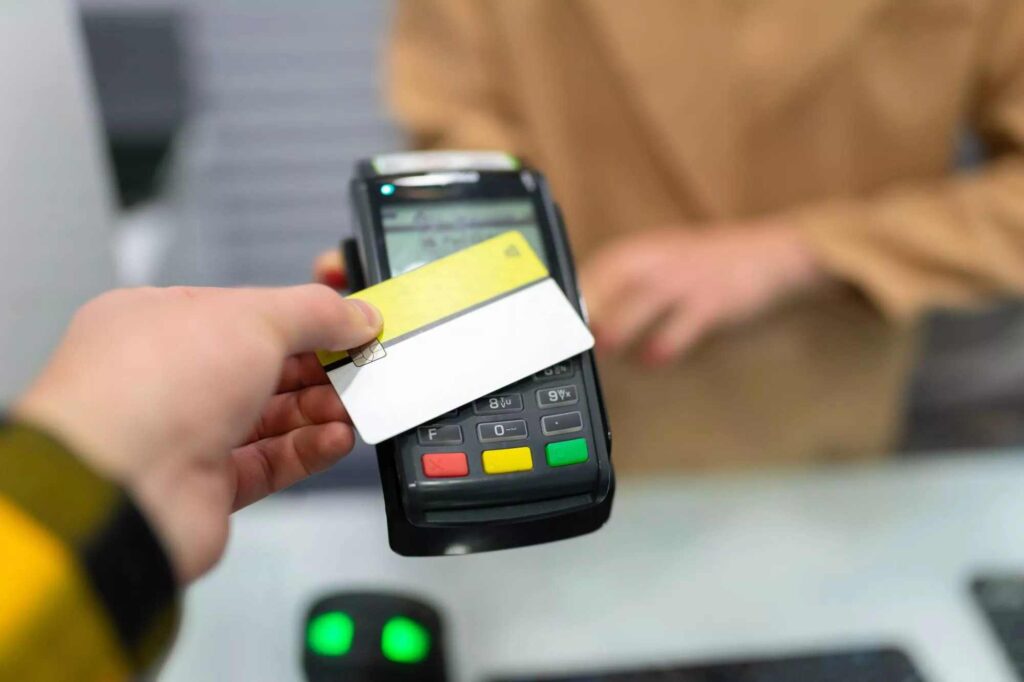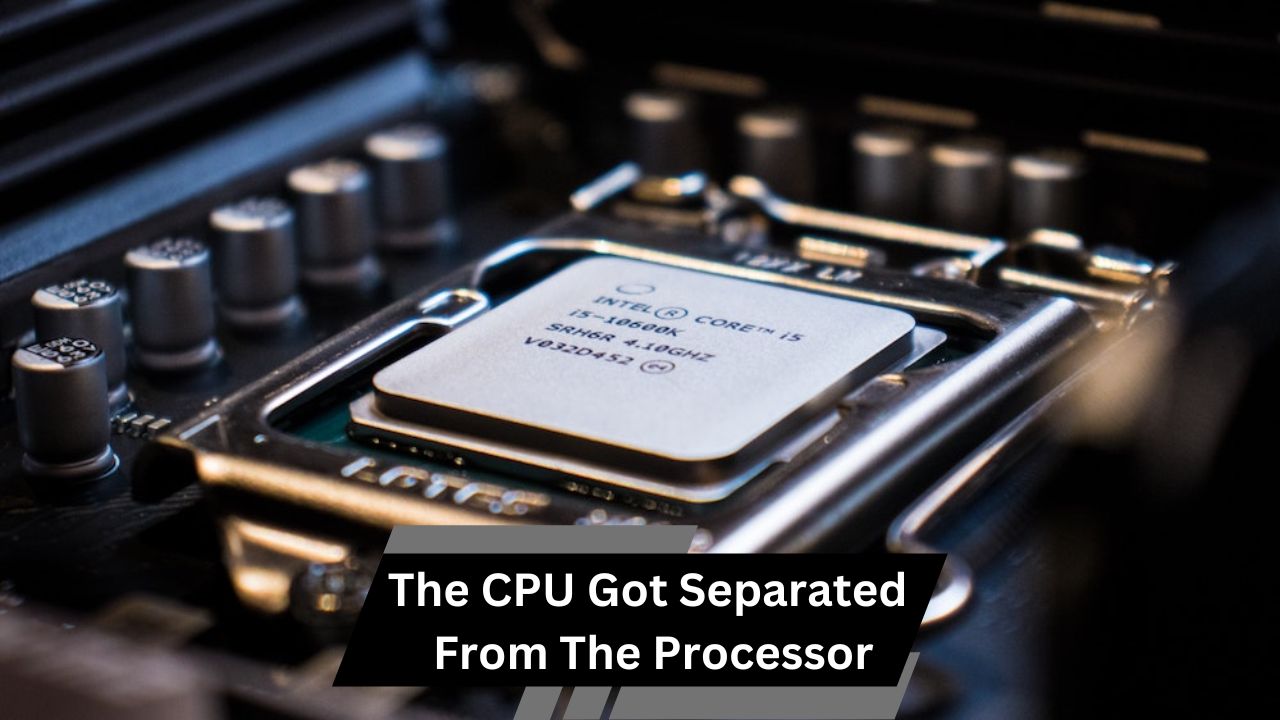A credit card processor issue disrupts transactions; fix it by checking the connection, restarting devices, contacting support, and verifying settings.
Introduction:
Credit cards are a major part of how we shop and do business today. Most customers prefer using their cards because it is fast, easy, and secure. However, sometimes a “credit card processor issue” occurs, which can stop a transaction from being completed. This can cause stress for both businesses and customers. In this article, we will discuss what these issues are, why they happen, and the simple steps you can take to fix them.
What Are Credit Card Processor Issues:

A credit card processor issue means there is a problem stopping the transaction from going through. This can happen when a customer is trying to make a purchase, but the payment does not get approved. These issues can happen at any time and for different reasons. Let’s look at some of the most common causes.
Common Reasons for Credit Card Processor Issues:
Poor Internet Connection:
The most frequent reason for credit card processing problems is a poor internet connection. The payment device, like a credit card terminal or POS system, needs a stable connection to communicate with the bank and complete the transaction. If the network is slow or disconnected, the transaction may fail.
Payment Gateway Problems:
A payment gateway is the technology that connects a business’s website or terminal to the customer’s bank. If the gateway has an error, it can cause payment processing to stop. This problem might occur because of heavy traffic on the network, technical errors, or scheduled maintenance.
Incorrect Settings or Configuration:
Sometimes, the settings on your payment device or website are not correct. This could be due to outdated software, incorrect merchant information, or incorrect integration with the payment processor. These errors can prevent the system from accepting or completing payments.
Inactive or Expired Merchant Account:
Merchants need an active account to process credit card payments. If this account is expired, inactive, or restricted, the payments will not go through. It’s important to check regularly that the account is in good standing to avoid interruptions.
Bank Issues or Customer Problems:
Issues can also arise on the customer’s side, such as:
- Insufficient funds in the customer’s account.
- The card is expired, lost, or reported stolen.
- The bank has flagged the transaction as potentially fraudulent.
Simple Steps to Fix Credit Card Processor Issues:
If you encounter a credit card processing problem, there are a few easy steps you can follow to try and resolve it quickly.
Check Your Internet Connection:
The first step is to check if your internet connection is working properly. Ensure that your Wi-Fi or wired connection is stable. Restart the router or try switching to another network if needed.
Also read: What Processor Speed is Good for Laptop – A Comprehensive Guide!
Restart the Payment Device:
Sometimes, turning off the payment device and turning it back on can solve minor software issues. A reboot can clear temporary glitches and refresh the system.
Contact Your Payment Processor:
If the issue continues, reach out to your payment processor’s customer support team. They can check if there is a problem on their end and guide you through troubleshooting steps.
Check the Device Settings:
Verify that all the settings on your payment terminal or online platform are correct. Make sure your software is updated and that all plugins or integration tools are functioning properly.
Offer Other Payment Options:
If the issue cannot be fixed quickly, provide customers with other payment options like cash, checks, or mobile payments (e.g., Apple Pay, Google Pay). This helps you complete the sale and keeps the customer happy.
How to Prevent Credit Card Processor Issues in the Future:
There are several actions businesses can take to reduce the risk of future credit card processing problems:
Regularly Update Software:
Keep your payment devices and software up to date. New updates often include security patches and bug fixes that help prevent issues from happening.
Ensure a Strong Internet Connection:
Make sure you have a reliable internet connection. Consider having a backup connection or using an uninterruptible power supply (UPS) to keep your system running smoothly.
Monitor Your Merchant Account:
Regularly check the status of your merchant account to ensure it is active and has no restrictions. Resolve any issues with the account provider as soon as possible to avoid disruptions.
Implement Strong Security Measures:
Use secure payment methods, comply with Payment Card Industry Data Security Standard (PCI DSS) requirements, and apply encryption and fraud detection tools. These measures protect your business and customers from fraud.
Train Your Staff:
Make sure your employees know how to handle credit card processor issues. Provide them with basic troubleshooting tips and customer service skills to manage such situations efficiently.
Why It’s Important to Address Credit Card Processor Issues Quickly:

Handling credit card processor issues quickly is essential for several reasons:
- Avoid Customer Frustration: Customers expect a smooth and quick transaction. Any delay can lead to frustration, complaints, and even lost sales.
- Prevent Revenue Loss: Each failed transaction is a potential loss of revenue. Solving these issues promptly ensures your business does not lose money.
- Maintain Your Reputation: Businesses that handle these issues effectively build trust with their customers. A poor experience can damage your reputation and drive customers to competitors.
FAQs:
1. What is a credit card processor issue?
A credit card processor issue occurs when a problem prevents a credit card transaction from being completed, often due to network, configuration, or account problems.
2. What causes credit card processor issues?
Common causes include poor internet connection, payment gateway errors, incorrect settings, inactive merchant accounts, or issues from the customer’s bank.
3. How can I fix a credit card processing error?
Check your internet connection, restart the payment device, verify settings, contact your payment processor, or offer alternative payment options.
4. How can I prevent credit card processor issues?
Keep your devices updated, ensure a stable internet connection, monitor your merchant account status, implement strong security measures, and train your staff.
5. Why is it important to resolve credit card processor issues quickly?
Resolving issues quickly avoids customer frustration, prevents revenue loss, and helps maintain your business’s reputation.
Conclusion
Credit card processor issues are a common challenge for many businesses, but they do not have to disrupt your operations. Understanding the common causes, knowing the steps to take when they occur, and implementing preventive measures can help you manage these problems effectively. With the right knowledge and preparation, you can keep your business running smoothly and ensure a positive experience for your customers.




